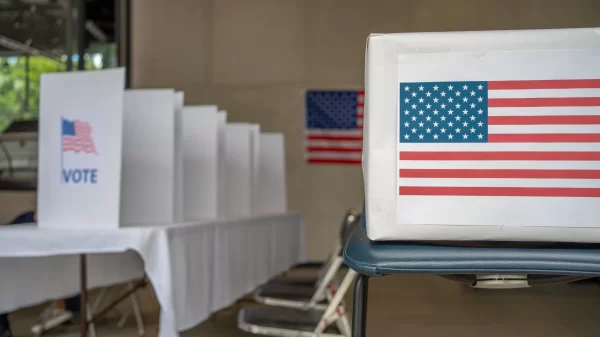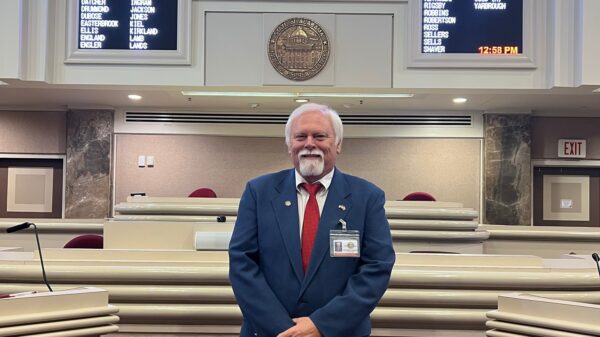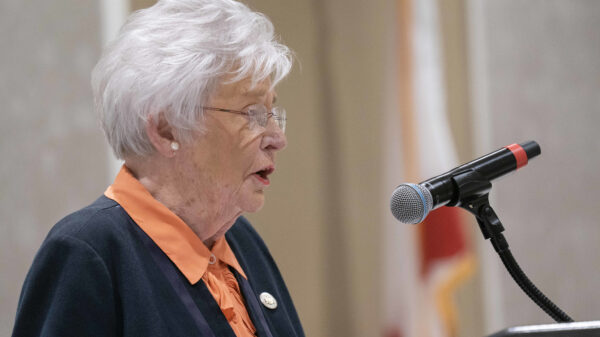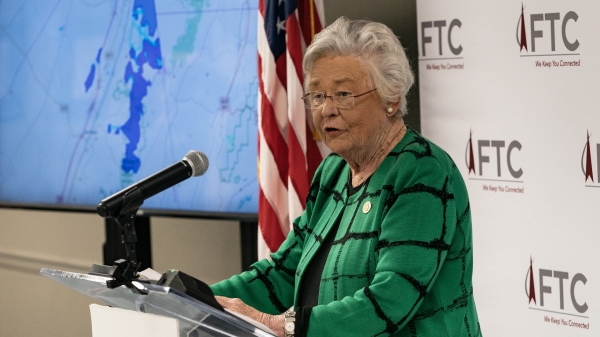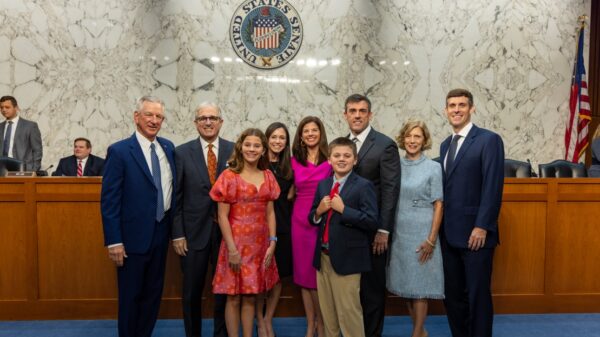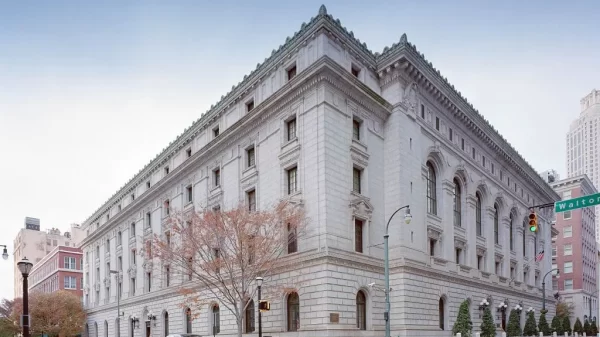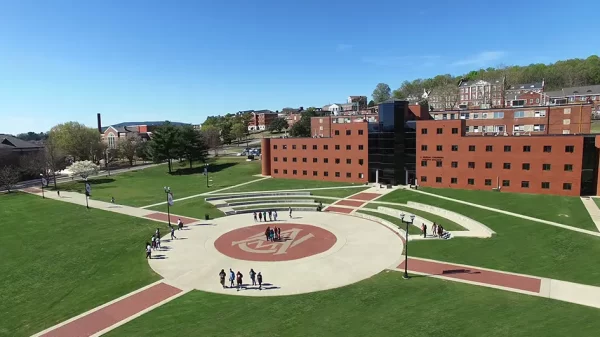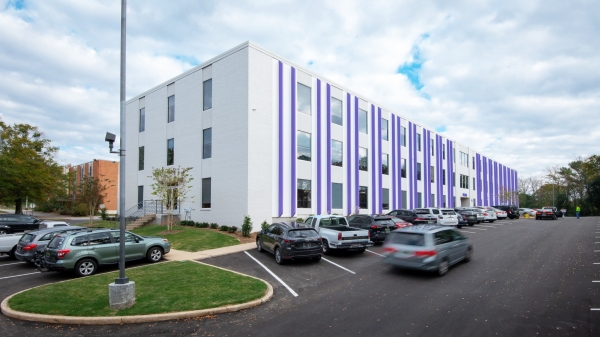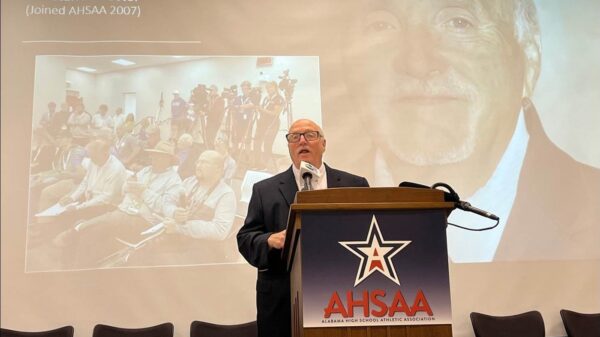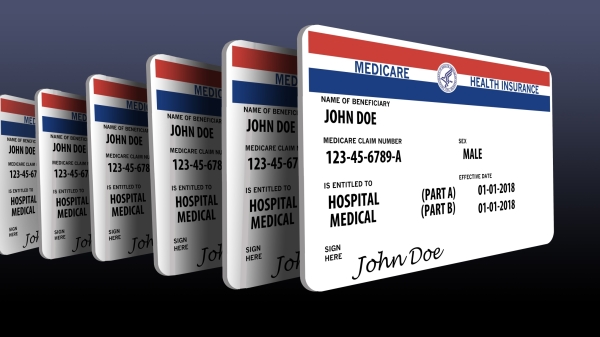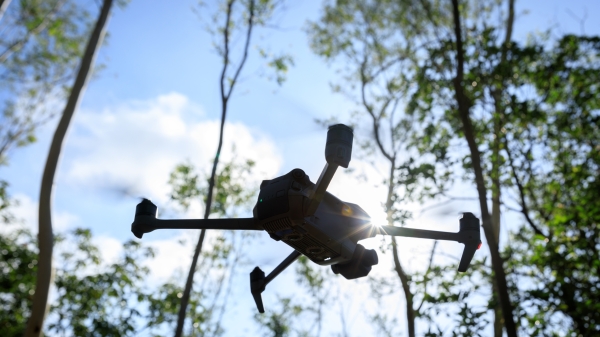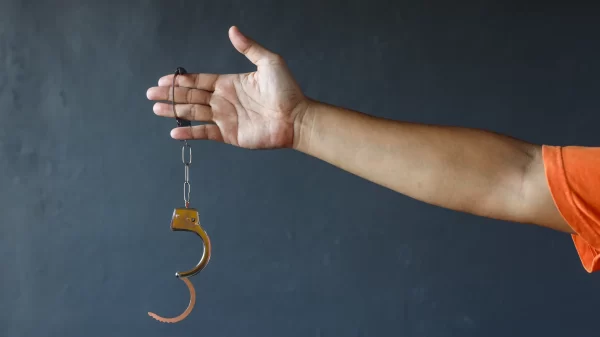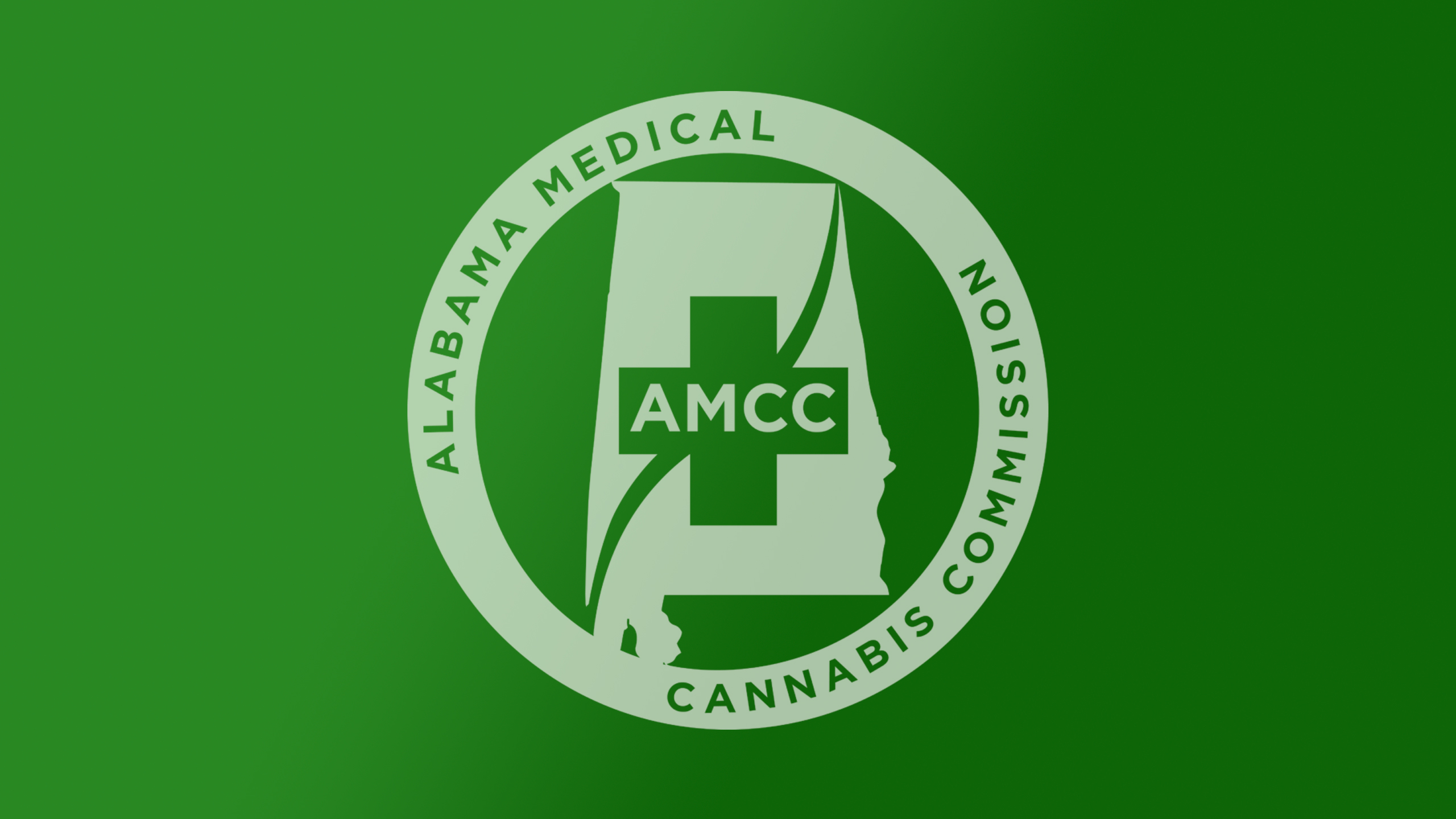The Alabama Medical Cannabis Commission plans to toss out applicants’ scores and start the licensing process from scratch, according to an agreement reached between the AMCC and several companies that filed lawsuits against the Commission.
The agreement, reached after a round of mediation on Monday, will have to be approved by the AMCC commissioners at their Nov. 27 meeting. That agreement will allow all applicants for integrated licenses to resubmit their materials, give in-person presentations to the full Commission and start the process from zero.
“The Alabama Medical Cannabis Commission has tentatively agreed not to use the scores that were the subject of litigation,” said Will Somerville, the attorney for Alabama Always, which led the litigation against the AMCC. “We applaud the AMCC’s decision and look forward to seeing the process move forward so that patients who need medical cannabis can begin receiving it in the near future.”
The scores, conducted by graders hired by the University of South Alabama, has been the root of the ongoing legal battles over the licenses. The AMCC admitted several months ago that its scoring process was “flawed” and contained errors, but the Commission insisted that the scores should still be used in the process for determining which companies received licenses.
Several companies filed lawsuits against the AMCC seeking to bar the Commission from using the flawed scores and also questioning why the AMCC wasn’t following guidelines set out in the laws passed by the Alabama Legislature.
The lawsuits also raised questions about the licensing process itself. A file-size limitation, which the AMCC staff allowed some companies to work around, drew the ire of many applicants.
In response to the lawsuits, and perhaps anticipating action from the Montgomery County Circuit Court, the AMCC twice overturned its decisions on licenses. But until Monday, it had steadfastly refused to completely disregard the application scores submitted by USA graders.
Under the agreement reached Monday, all of those claims by the companies will be waived and the companies will agree to drop all current litigation. Additionally, after licenses are awarded in the future, the companies will forgo the right to refile the lawsuits concerning issues of scoring, the file size limitations or the application guidelines.
It’s unclear from the agreement filed how the AMCC will now determine which companies should receive licenses. The commissioners, to date, have never visited any of the proposed companies’ facilities or spent significant time questioning the owners and operators of the applicant companies.
The AMCC is scheduled to begin hearing applicants’ in-person presentations at its Nov. 27 meeting. Those presentations also are a new feature of the application process that originated from the legal action.
Under the agreement reached Monday, applicants for licenses other than integrated can resubmit their applications and related materials until the 27th, and the AMCC can move forward with those presentations.
Presentations for integrated licenses are set to begin on Dec. 4.

